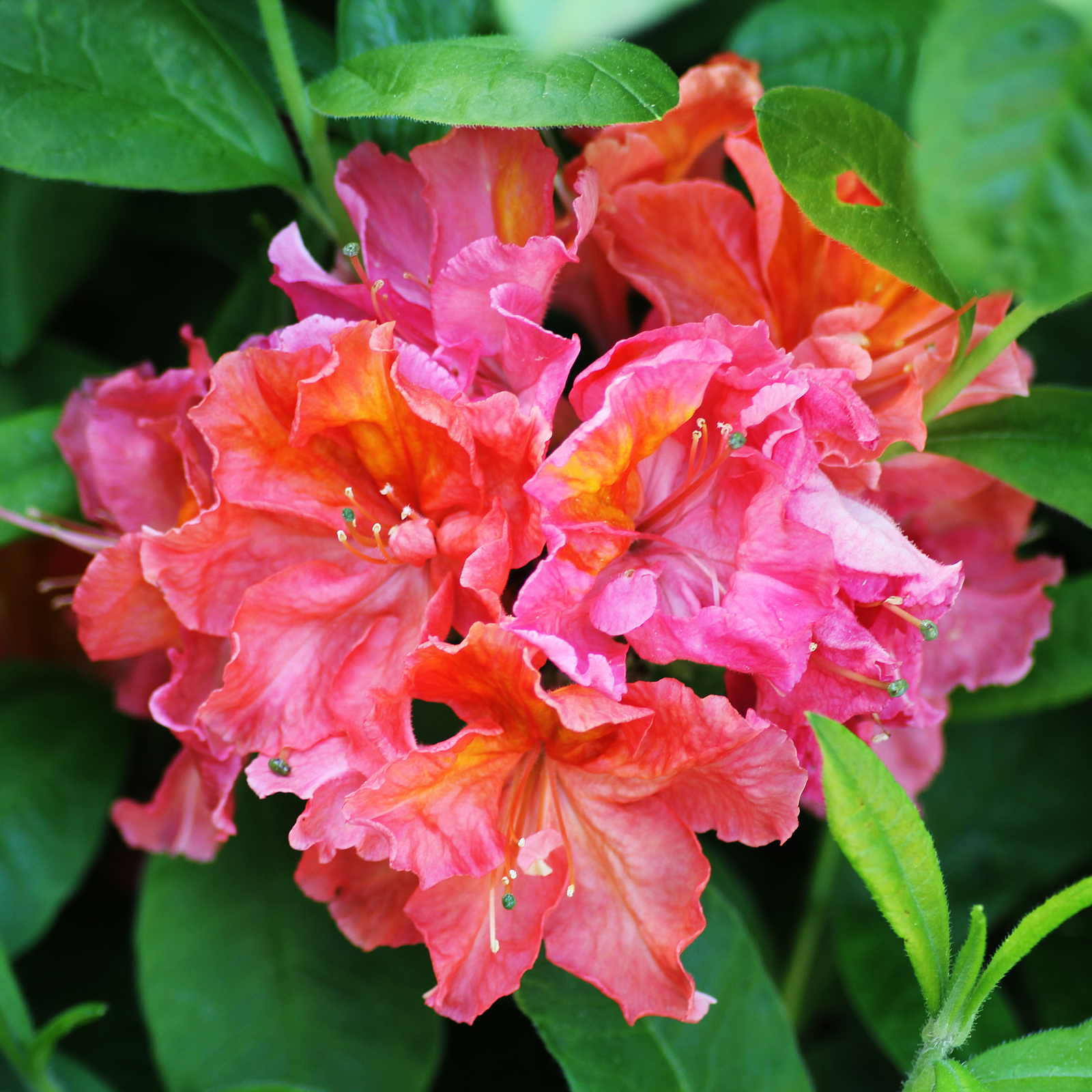What Are Nantes Carrots: How To Grow Nantes Carrots

Unless you grow your own carrots or haunt farmer’s markets, my guess is your knowledge of carrots is somewhat limited. For instance, did you know that there are actually four major types of carrot, each grown for its unique qualities? These four include: Danvers, Nantes, Imperator, and Chantenay. This article focuses on growing Nantes carrots, Nantes carrot information, and Nantes carrot care. Read on to find out just what Nantes carrots are and how to grow Nantes carrots.
What are Nantes Carrots?
Nantes carrots were first mentioned and described in the 1885 edition of the Henri Vilmorin family seed catalogue. He stated that this carrot variety has a nearly perfect cylindrical root and smooth, almost red, skin that is mild and sweet in flavor. Revered for their sweet, crisp flavor, Nantes carrots are rounded at both the tip and root end.
Additional Nantes Carrot Information
Carrots originated over 5,000 years ago in present day Afghanistan, and these first carrots were cultivated for their purple root. Eventually, carrots were divided into two categories: atrorubens and sativus. Atrobuens arose from the east and had yellow to purple roots, while sativus carrots had orange, yellow, and sometimes white roots. During the 17th century, a favoring for orange carrots became the vogue and purple carrots fell out of favor. At that time, the Dutch developed carrots with the deeper orange carotene pigment we know today. Nantes carrots were named for the city on the French Atlantic Coast whose countryside is ideal for Nantes cultivation. Soon after its development, Nantes became a favorite of the consumer due to its sweeter flavor and more tender texture. Today, there are at least six varieties of carrot that bear the Nantes name, but Nantes has come to represent more than 40 members of carrots with medium-sized, cylindrical roots that are both rounded at the top and bottom.
How to Grow Nantes Carrots
All carrots are cool weather veggies that should be planted in the spring. Nantes carrots are harvested from late summer through fall. Sow seeds for carrots with other frost tolerant crops as soon as the soil has warmed in the spring and all danger of frost has passed. Prepare a bed that has been plowed down to a depth of 8 to 9 inches (20-23 cm.). Break up clumps and rake out large rocks and debris. If you have a very clay laden soil, consider growing the carrots in a raised bed. Plant the seeds ¼ to ½ inch (6 mm. to 1 cm.) deep in the early spring. Space rows 12 to 18 inches (31-46 cm.) apart. Germination may take up to two weeks, so bring your patience. Thin the seedlings to 3 inches (8 cm.) apart when they are an inch tall (2.5 cm.).
Nantes Carrot Care
When growing Nantes carrots, or really any type of carrot, keep an eye on the irrigation. Carrots germinate best in warm, moist soil. Cover the soil with clear polyethylene while the seeds germinate. Remove the film when seedlings appear. Keep the bed damp as the carrots grow. Carrots need moisture to prevent splitting. Keep weeds cultivated from around the seedlings. Be careful and use a shallow cultivator or hoe so as to not injure the roots. Harvest of Nantes carrots will be about 62 days from direct sowing when they are around 2 inches (5 cm.) across, although the smaller the sweeter. Your family will love these sweet carrots, packed even higher than store bought carrots with vitamins A and B and rich in calcium and phosphorus.
Gardening tips, videos, info and more delivered right to your inbox!
Sign up for the Gardening Know How newsletter today and receive a free copy of our e-book "How to Grow Delicious Tomatoes".

Amy Grant has been gardening for 30 years and writing for 15. A professional chef and caterer, Amy's area of expertise is culinary gardening.
-
 8 Noteworthy Native Azaleas Every Gardener Should Know – And Grow!
8 Noteworthy Native Azaleas Every Gardener Should Know – And Grow!Native azaleas offer brilliant blooms in a range of colors and sizes. Here are a few favorites to get inspired and start working on a native shade garden!
-
 Growing Climbing Roses: How To Create Elegant Displays With Maximum Blooms
Growing Climbing Roses: How To Create Elegant Displays With Maximum BloomsMaster the art of growing stunning climbing roses with this essential guide to creating vibrant, fragrant walls and structures all summer long.